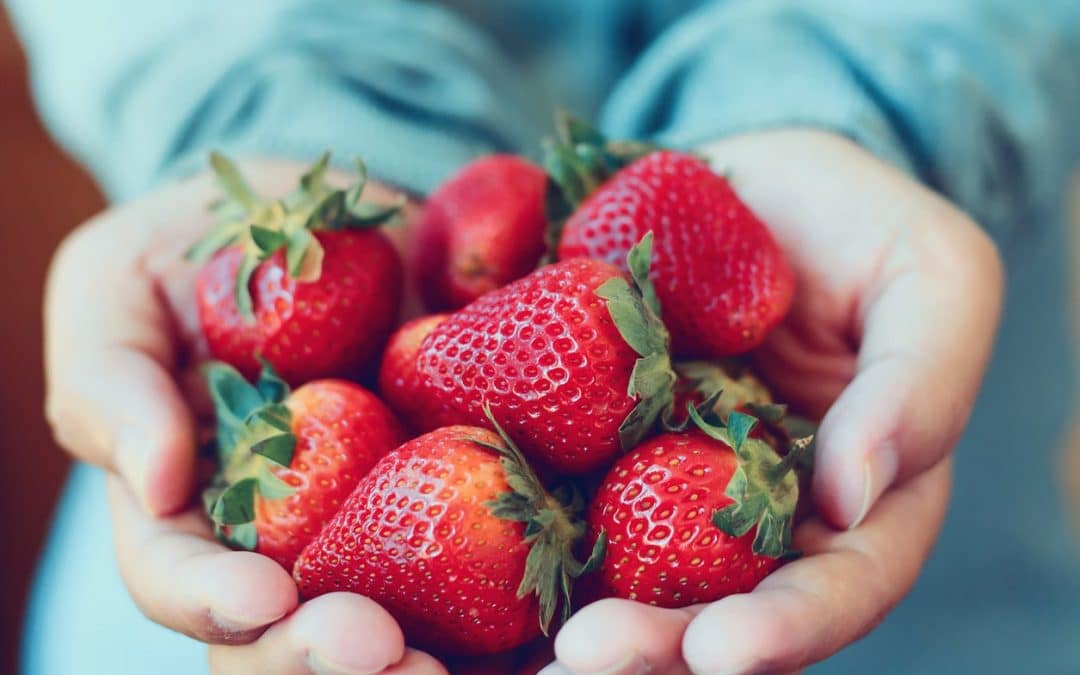You Are What You Eat
The saying, “you are what you eat,” is true for both your body and your mind. Most working professionals, though, truly don’t realize how much their eating habits affect their productivity and overall health. All too often, employees and management alike, shorten their lunch break, grab the most convenient processed food, and sip caffeine all day. This is done in hopes of getting more work done, however it actually results in lower energy levels and poor performance. Fortunately, there has been a lot of research devoted to discovering how nutrition impacts brain function and health. More recent studies have also been focusing on improving certain brain regions linked with intelligence, learning, and working memory, which are the skills you rely on every day for business success.
4 Foods For Improved Brain Function
- Walnuts. Walnuts are rich in the omega-3 fatty acid called alpha-linolenic acid (ALA), which is believed to help protect brain tissue. One study, published in the The Journal of Nutrition, Health & Aging, found that people who ate high amounts of walnuts scored higher on cognitive tests that measured story recall, response speed, sustained attention and visual spatial memory. This makes walnuts a perfect snack to have at work or even as a topper to your lunch!
- Berries. Berries, such as blueberries and strawberries are full of antioxidants that stimulate the region of the brain involved with memory and learning. A study published on the US National Library of Medicine National Institutes of Health cited that berry intake “appears to delay cognitive aging by up to 2.5 years.” For the best results, aim to eat at least half a cup of blueberries or one cup of strawberries per week.
- Green Tea. Green tea has high levels of thiamine, which plays a role in brain function maintenance. In a study published in Psychopharmacology, researchers found that those who consumed green tea had more activity in their parietal and frontal lobes than those who did not drink green tea. These are the areas involved in language processing and short-term memory, which play a large role in work task performance. We aren’t saying you have to give up coffee, but consider switching to green tea by mid-morning. Also, be sure to brew the tea yourself as bottled green tea contain many added sugars.
- Green, Leafy Vegetables. Veggies such as spinach, kale, collards and mustard greens contain omega 3’s and rich amounts of lutein. This may help preserve what researchers call “crystallized intelligence,” the ability to use the skills and knowledge a person acquires over time. According to Frontiers in Aging Neuroscience, people who consume higher levels of lutein tend to do better on tests that measure “crystallized intelligence.” Leafy veggies are easy to incorporate in your salads, on sandwiches, or sauteed with dinner!
For more information, visit Entrepreneur.com!








